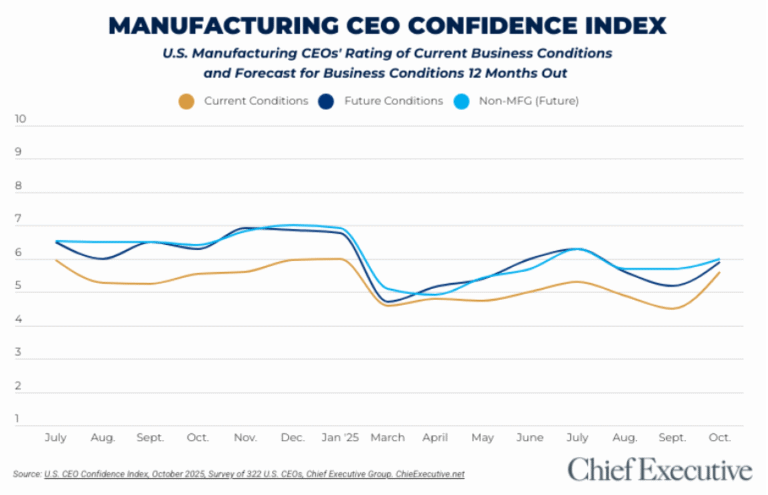

The Internet changes how we think, feel and behave, and the consequences are profound, ubiquitous and irreversible. Although access to 250 million websites and the collective thinking of the world’s population is now the new normal, our mental transformation is as subtle as it is astonishing.
A friend, on vacation in a remote area with no Internet, had to change hotels because his teenage daughter became so distraught. My granddaughter was playing simple games on her mother’s iPhone before she could talk. A passenger was heard cursing the airplane’s Internet system as being too &#($! slow, as if, at 35,000 feet above Colorado, loading any of those 250 million websites in seven seconds instead of two seconds was a violation of his God-given rights.
Using search engines alters the structure of our memories: how we remember is literally different. The more we use search engines, the less we remember the facts themselves, but the more we remember how to find them. This is a useful adaptation (as long as we have Internet access), but it does confirm fundamental mental change. My concern is how the Internet is affecting groups. CEOs should be concerned as well, because corporate decision-making is affected. A common but massive mistake is to assume that by making diverse ideas and opinions easily available, the Internet will make people more open to new ideas and more willing to consider opposing opinions. Not so.
Because we self-select sites we visit, the Internet pushes people to reinforce their own preconceived ideas and opinions, such that groups solidify more internally due to the attractive forces of common belief but fragment more externally due to the repulsive forces of opposing belief. This mental malignancy metastasizes in two ways: less diversity within groups and more alienation between groups.
The implications for CEOs are direct: More “groupthink” inside groups and more conflict between groups. How to deal with Internet-enhanced groupthink is the subject of this article.
The implications for CEOs are direct: More “groupthink” inside groups and more conflict between groups.
Groupthink is a process of conformed, suboptimal rationalization that comes about subliminally when group members feel constrained to hold similar beliefs. It may be generated, inadvertently, by dominant leaders who discourage dissent or manage by praise, or it can develop without leadership when powered by group loyalty and pride. Once present, groupthink is perniciously robust in that it feeds on its own results: the more group members think alike, the better and happier they feel, which reinforces their conformed behaviors. Thus, groupthink enhances bad decisions via a positive feedback circuit that does not self-correct.
Although groups form spontaneously by common interests or are brought together for specific purposes, groups can emerge for the slightest of reasons. As such, groupthink is pervasive in its potency for producing poor decision-making.
The term “groupthink” was coined in 1952 by William Whyte, an organizational analyst, and was researched by Irving Janis, a social psychologist. Groupthink is said to have spawned the failed Bay of Pigs invasion of Cuba during the Kennedy administration and the disbelief that the Japanese would attack Pearl Harbor in 1941 in the face of substantial evidence.
Groupthink emerges when groups are more cohesive, where members know one another well, have long-standing working relationships and personal friendships and where there is good esprit de corps. All these factors are often good, but they can also engender complacent discussions and the lack of critical, disruptive arguments, and thus lead to flawed outcomes. No group is immune from groupthink.

Janis called out eight warning signs, organized under three types, that can help identify groupthink.
Type I: Group overestimations of itself:
Type II: Closed-mindedness:
Type III: Pressures toward uniformity:
The key for resisting groupthink, Janis argued, is attentive decision-making. What this means in practice is trying to make the group aware of problems with the consensus and offer alternatives. To do this, someone in the group has to be critical. Encouraging critical thinking is not easy, but it is possible.
Because groupthinkis so insidious,comfortableand prevalent, it is a constantchallenge forCEOs. This isespecially so inthe age of theInternet.
Consider this example from China, which needs leaders who can overcome groupthink. Li Yuanchao, head of the ruling party’s (CPC’s) Organization Department with the mission to recruit, train and promote first-rate o”cials, singles out for criticism those who are “benign and uncontentious.” So in addition to requiring positive traits for leaders, Li prioritizes the fight against groupthink.
Because groupthink is so insidious, comfortable and prevalent, it is a constant challenge for CEOs. This is especially so in the age of the Internet. Only the proactive administration of psycho-social antidotes can counteract the poison of groupthink.



0

1:00 - 5:00 pm
Over 70% of Executives Surveyed Agree: Many Strategic Planning Efforts Lack Systematic Approach Tips for Enhancing Your Strategic Planning Process
Executives expressed frustration with their current strategic planning process. Issues include:
Steve Rutan and Denise Harrison have put together an afternoon workshop that will provide the tools you need to address these concerns. They have worked with hundreds of executives to develop a systematic approach that will enable your team to make better decisions during strategic planning. Steve and Denise will walk you through exercises for prioritizing your lists and steps that will reset and reinvigorate your process. This will be a hands-on workshop that will enable you to think about your business as you use the tools that are being presented. If you are ready for a Strategic Planning tune-up, select this workshop in your registration form. The additional fee of $695 will be added to your total.

2:00 - 5:00 pm
Female leaders face the same issues all leaders do, but they often face additional challenges too. In this peer session, we will facilitate a discussion of best practices and how to overcome common barriers to help women leaders be more effective within and outside their organizations.
Limited space available.

10:30 - 5:00 pm
General’s Retreat at Hermitage Golf Course
Sponsored by UBS
General’s Retreat, built in 1986 with architect Gary Roger Baird, has been voted the “Best Golf Course in Nashville” and is a “must play” when visiting the Nashville, Tennessee area. With the beautiful setting along the Cumberland River, golfers of all capabilities will thoroughly enjoy the golf, scenery and hospitality.
The golf outing fee includes transportation to and from the hotel, greens/cart fees, use of practice facilities, and boxed lunch. The bus will leave the hotel at 10:30 am for a noon shotgun start and return to the hotel after the cocktail reception following the completion of the round.